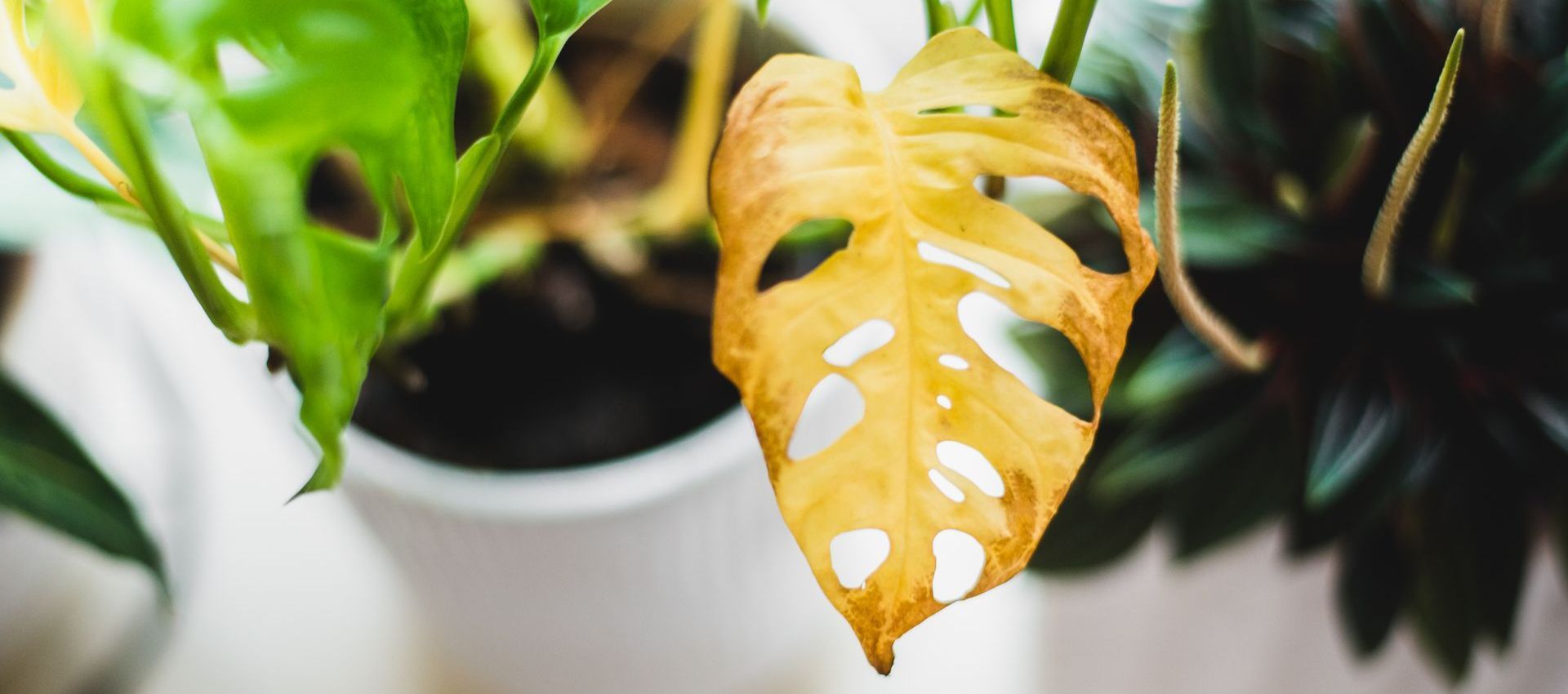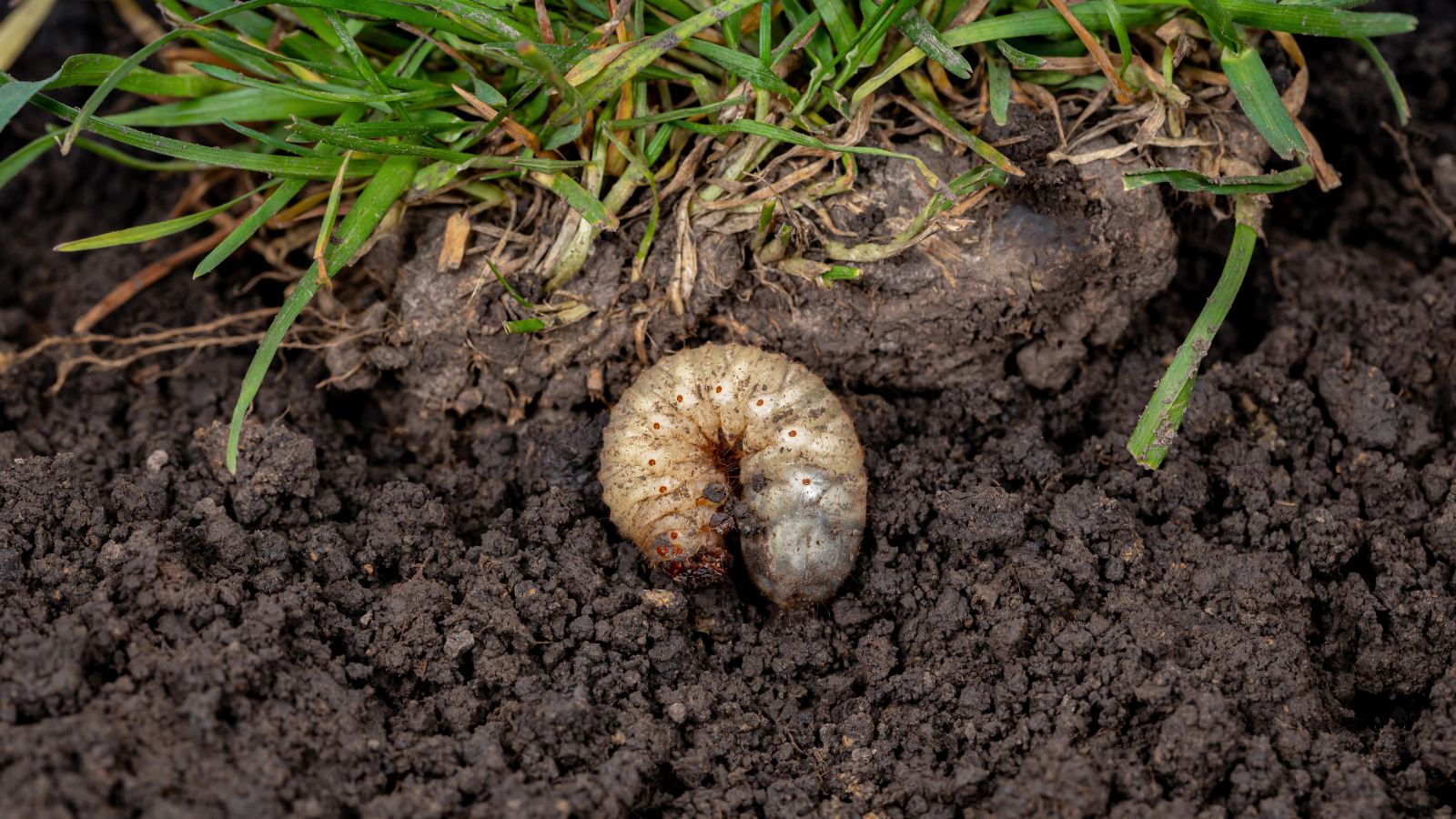June 30, 2025
Protect your Plants: How MI homeowners can avoid overwatering

Even if you don’t have a green thumb, it’s generally understood that water plays a key role in maintaining the health of your plants. While it’s good to keep up with regular watering, new gardeners fall into the trap of overwatering.
Similar to humans and animals, plants can be negatively impacted by having too much water. Let’s take a look at some of those negative impacts and examine some best practices that can help gardeners avoid overwatering.
Potential Consequences of Overwatering
Overwatering can create a host of problems for your plants. Some of these include:
- Root rot – When the soil is too wet, it can create ideal conditions for fungi and bacteria to create root rot, which can kill your plant if it's not addressed quickly.
- Yellowing of leaves – Often a sign of stress, this discoloration may indicate overwatering, poor drainage or lack of essential nutrients.
- Increase in weeds – Excess moisture can make it easier for invasive plants to take hold and outcompete your plants.
- Nutrient deficiencies – Too much water can wash away nutrients that plants need to survive.
- Reduced oxygen – Saturated soil reduces airflow to roots, depriving plants of oxygen, which helps them function effectively.
How To Avoid Overwatering
Have a Set Watering Schedule
Developing a watering schedule can reduce the likelihood of overwatering. By watering at regular intervals, plants get the right amount of moisture without becoming waterlogged. This routine also encourages stronger root development and lowers the risk that plants will develop root rot.
Make Sure Water Seeps Into the Soil
One way that gardeners may overwater their plants is by watering in short, frequent cycles. Having fewer sessions where the water is allowed to penetrate the ground is much better for your plant’s overall health. Rather than evaporating or running off the surface, water is able to reach the roots, helping your plants develop stronger systems and ensuring they stay hydrated longer.
Check Soil Moisture
Keeping track of soil moisture is a simple way to prevent both overwatering and underwatering. One easy way to determine if the soil is moist enough is by squeezing it with your hand.
If you squeeze the soil and it holds its shape, the soil is too wet. Although, if the soil crumbles immediately, it's too dry. Ideally, the soil will hold its shape but have some crumbles. Another common way to test moisture is by using the finger test.
You can place your finger into the soil, roughly 2 to 3 inches deep or around the second knuckle. If the soil feels dry, you need to water it. If the soil is moist, you can hold off for now. If you’d like a more precise test, you can purchase a soil moisture meter to help you determine when your plants require watering.
Research Your Plants
Researching your plants helps you understand their unique watering needs. Different species require varying amounts of water to survive. For example, a young Red Maple tree needs to be watered once or twice a week to maintain its health.
On the other hand, a Prickly Pear cactus only requires watering every 2 to 4 weeks and even less in the winter to keep proper hydration. Knowing your plant’s specific needs can help you tailor your watering schedules to your plants, ensuring they receive the right amount of water.
Group Similar Plants Together
Grouping similar plants together makes it easier to manage their care, especially when it comes to watering and sunlight needs. Plants with similar requirements thrive better when placed in the same area, reducing the risk of overwatering. This approach also simplifies maintenance and helps create a more efficient and organized garden layout.
When It’s Time To Contact a Professional
Keeping your plants in good health can be challenging, especially for novice gardeners who have less experience. If that’s the case, reaching out to a lawn care professional can make a big difference.
Lawn care technicians have the tools and knowledge to determine your lawn’s specific needs. They can not only help gardeners avoid overwatering but this can also make additional recommendations to boost the overall health of your garden.
Need Help? Contact Visionary Fertilization Today!
Need help managing your green space? Our professional lawn care technicians are ready to help! Based in Shelby Township, Visionary Fertilization proudly serves Macomb County and the surrounding areas.
Our lawn care experts can assess your landscape’s condition and determine the best course of action to keep your plants vibrant all season long. Ready to take the next step? Give us a call at 586-315-6384 to learn more about our services. You can also visit our website by clicking the link here.




